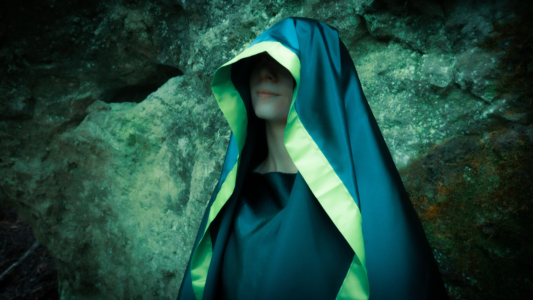

Zeus was the youngest child and, through the machinations of their mother, Rhea, he was the only one that had escaped this fate. He had three older sisters-Hestia, Demeter, and Hera, as well as a younger brother, Poseidon, the god of the sea-all of whom had been swallowed whole by their father as soon as they were born. The Origin and Life of Hades in Ancient Greece mythology These describe Hades as the god who carries people away. An extensive section of Plato’s dialogue Cratylus is devoted to the etymology of the god’s name in which Socrates is arguing for a folk etymology-not from “unseen” but from “his knowledge (eidenai) of all noble things.” The origin of Hades’ name is uncertain, but has generally been seen as meaning “the unseen one” since the time of Ancient Greece. This deity was a mixture of the Greek god Hades and the Eleusinian icon Ploutos.

Plouton became the Roman god who both rules the underworld and distributed riches from below. The Etruscan god Aita and the Roman gods Dis Pater and Orcus were eventually taken as equivalent to Hades and merged into Pluto, a Latinization of Plouton (Greek: Πλούτων, Ploútōn), which was itself a more euphemistic title often given to Hades. The person who offered the sacrifice had to avert his face. The blood from all chthonic sacrifices, including those to propitiate Hades, dripped into a pit or cleft in the ground. Black animals, such as sheep, were sacrificed to him. When the Greeks propitiated Hades, they banged their hands on the ground to be sure he would hear them. That was Thanatos, the son of Nyx and Erebus, who was the actual personification of death in Ancient Greece. Hades ruled the Underworld and was therefore most often associated with death and feared by men, but he was not Death itself. Hades was not, however, an evil god, for although he was stern, cruel, and unpitying, he was viewed as a just one. Sacrifices to Hades involved black animals, touching heads to ground Hades was often portrayed with his three-headed guard dog, Cerberus. Formidable in battle, he proved his ferocity in the famous Titanomachy, the battle of the Olympians versus the Titans, which established the rule of Zeus, according to the mythology of Ancient Greece.įeared and loathed, Hades embodied the inexorable finality of death: “Why do we loathe Hades more than any god, if not because he is so adamantine and unyielding?” This rhetorical question is Agamemnon’s in Homer’s Iliad.Īs his birthright, Hades received the underworld, Zeus the sky, and Poseidon the sea however, the earth, which had long been the province of Gaia, was open to all three gods concurrently for any actions they wished to carry out. He spent most of the time in his dark realm. Sophocles explained the notion of referring to Hades as Plouton with these words: “the gloomy Hades enriches himself with our sighs and our tears.” Since precious minerals come from under the earth (i.e., the “underworld” ruled by Hades), he was considered to have control of these as well. In addition, he was called Clymenus (“notorious”), Polydegmon (“who receives many”) and perhaps Eubuleus (“good counsel” or “well-intentioned”) all of them were euphemisms for a name that was unsafe to pronounce, which evolved into epithets. Since to many, simply to say the word “Hades” was frightening, euphemisms were pressed into use. Hades, as the god of the dead, was a fearsome figure to those still living in no hurry to meet him, they were reluctant to swear oaths in his name and averted their faces when sacrificing to him. People would sometimes refer to him as “Zeus katachthonios” (Ζεὺς καταχθόνιος), meaning “the Zeus of the Underworld,” by those who felt they had to avoid saying his actual name since he had complete control over the Underworld. Perhaps from fear of even pronouncing his name, around the 5th century BC, the Greeks started referring to Hades as Plouton (Πλούτων, Ploútōn), with a root meaning “wealthy,” considering that from the abode below (i.e., the soil) come riches (e.g., fertile crops, metals and so on). He and his brothers, Zeus and Poseidon, defeated their father’s generation of gods, the Titans, and claimed rulership over the cosmos. He was the eldest son of Cronus and Rhea although he was the last son regurgitated by his father. Hades was the grandson of Uranus, the god of the heavens, and Gaia, the goddess of the Earth.


 0 kommentar(er)
0 kommentar(er)
